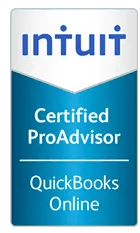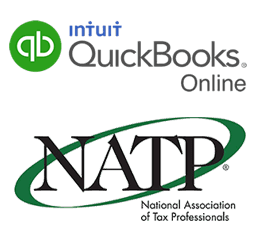Your Business Entity Can HURT You!
This is a subtitle for your new post

Businesses are closing due to the economy and businesses are closing due to poor management. As a financial advisor for hundreds of businesses over the years, I have noticed a pattern for those businesses that have succeeded and those that have not. Frequently, it has to do with the owner not being in the right entity or not taking advantage of the entity benefits. Let me share some truths of what I see.
CEO Needs to Understand their Entity
:
When a business fails, I have noticed that the business owner has not taken the time to understand how to use their entity. There is no strategy. Usually the owner is so distracted with running the business that they do not realize that getting advice could save his or her company thousands of dollars in taxes. How would you like to save $26,000 in taxes in just one year? Keep reading and learn how one client did.
Are you a sole proprietor? An LLC? An S-corp or C-corp? Each entity has its advantages as well as their responsibilities.
Benefits of Entity:
There are so many benefits in running a business. You can write off expenses that a typical W-2 wage earner cannot. For example, you can write off part of your cell phone or an area in your home that qualifies as a home office. You can write off business miles; however, miles used in commuting to your job are not deductible.
Here are some General Benefits for Each Entity Below :
Sole Proprietor:
- Great home office deduction
- Easy to set up, run and close business
- Losses offset other income
- Hire children and no FUTA and Social Security taxes
S-corporation:
- Losses offset other income
- No self-employment tax when the company is profitable
- Good home office deduction, especially if you rent
C-corporation:
- Great accountable plan for medical expenses
- Fiscal year option
- Fringe benefits: insurance, education, company-owned cars and more
Responsibilities of Entity
:
The benefits of an entity bring a sigh of relief while the responsibilities can bring stress. For example, if you are an S or C-corp you are required to have corporate minutes each year as well as the Officers of the corporation are required to be on payroll. However, look at it this way; doing the minutes and processing the payroll can save you thousands of dollars. Yes, it is a responsibility, but I like to call it an opportunity!
Chart of Accounts of Entity
:
How you set up your chart of accounts in your financial software can provide fantastic information on projecting your tax situation. Every business owner needs to understand the term “above the line and below the line.” These terms paint a clear picture of how the entity will be taxed.
For example, where you enter your medical insurance will affect what your profit says on your Profit and Loss Statement. If you are a sole proprietor or LLC, you want to enter this account as an Other Expense, because it is not a business expense on your return (a below the line transaction), but rather a deduction on your personal tax return.
General Comments
:
I usually recommend a business entity based upon projected income, projected profits and/or losses over the next 5 years. Another aspect that will determine the best entity is what the owner wants to accomplish with their business. It could be to offset other income or build up a retirement account or to run all medical expenses through the business, including prescriptions or doctor visit costs in an accountable plan.
For example, I had a new client come to me in the middle of 2010. He owned an LLC. He was projecting to have a good size profit for the 2010 year. Since he expected these profits to continue for the upcoming years, I recommended that he do an S-election. We filed in October 2010 and got the IRS’ approval to file his 2010 tax return as an S-corp for the entire 2010 year. With just his 2010 tax return, he saved $26,000!! And, the savings continues every year!!
So the bottom-line question is, “Are you in the right business entity?”
Not sure? Email me to get my 4 page entity comparison chart with my compliments.

















